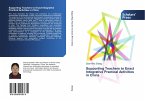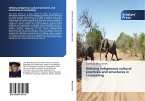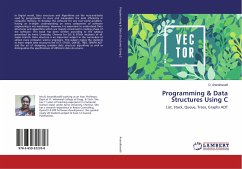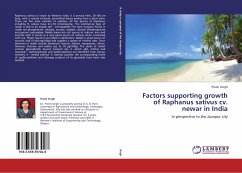Cultural competence in education is a vital part of running an effective classroom with cross-cultural relationships. However, there has been limited research addressing the supports classroom teachers receive from their instructional leaders in being culturally responsive to the students in their classroom. The purpose of this study was to examine the reports of novice urban elementary teachers on the supports they receive from their instructional leaders in being culturally responsive to the students in their classroom. Cross, Bazron, Isaacs, and Dennis s (1989) framework for culturally competent systems served as the conceptual framework for this study. The first finding revealed that teachers measure support for valuing diversity in regards to resources. The second finding revealed that teachers measured supports for adapting to diversity in regards to school leaders ability to incorporate the community into the school structure. The third finding revealed that teachers measured supports for managing the dynamics of difference in regards to school leaders participation in conflict facilitation.
Bitte wählen Sie Ihr Anliegen aus.
Rechnungen
Retourenschein anfordern
Bestellstatus
Storno








